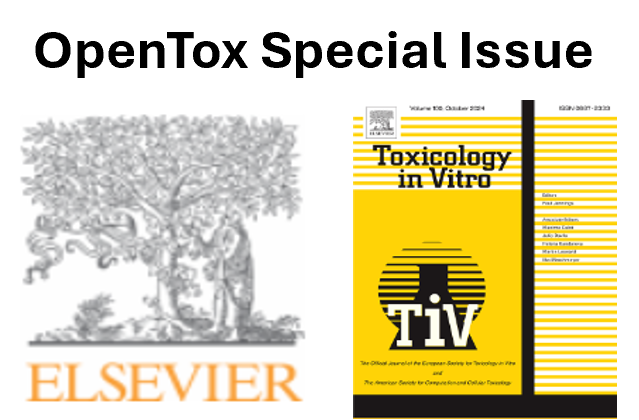
Trey Saddler is a Data Scientist in the Division of Translational Toxicology at the National Institute of Environmental Health Sciences (NIEHS). Saddler earned his B.S. in Life Sciences from Salish Kootenai College and is currently pursuing a Master's in Data Analytics from Western Governors University. While at Salish Kootenai College, he worked with Dr. Doug Stevens on the characterization of heavy metals in Native Americans. Saddler received post-bachelor training in molecular biology with Dr. Darlene Dixon, studying toxicological effects on human uterine cells, and with Dr. Scott Auerbach, evaluating the hepatotoxic effects of different forms of microcystin. Following his post-baccalaureate training, he took a position in the Office of Data Science at DTT where he led the effort to implement Posit Teams (formerly RStudio Connect) to allow for deployment of applications developed by NIEHS scientists. His current research focuses on using large language models (LLMs) to augment toxicological data exploration and synthesis. Saddler leads the ToxPipe Project, which integrates AI technologies for large-scale toxicological data analysis. He has expertise in AI/ML, programming, data engineering, and DevOps, with emphasis on retrieval augmented generation (RAG) models and connecting disparate datasets to AI. This work has been funded in part by a NIH NOSI grant to explore LLMs and AI technology in cloud environments. At the OpenTox Virtual Conference 2024, Saddler will present on ToxPipe, demonstrating semi-autonomous AI integration of diverse toxicological data streams.
ToxPipe: An AI-Driven Platform for Advanced Toxicological Analysis and Interpretation
Trey Saddler, Parker Combs, Jeremy Erickson, Amlan Talukder, Jonathan Fleming, Charles Schmitt, David Reif, Scott Auerbach
Abstract
We present ToxPipe, an innovative platform designed to revolutionize toxicological analysis and interpretation through the integration of expert-entrained AI systems and cloud computing. ToxPipe leverages large language models (LLMs) and agentic workflows to enable the exploration of toxicologically relevant data via natural language instructions. This platform facilitates a semi-autonomous approach to toxicological characterization, data integration, and interpretive synthesis. ToxPipe features a user-friendly web interface and API for seamless interaction with AI agents, while allowing for hybrid deployments and modular replacement of components thanks to a containerized architecture. ToxPipe also integrates diverse toxicological data sources, including National Toxicology Program (NTP) Technical Reports and ChemBioTox, to provide comprehensive analysis capabilities.
In this presentation, we will outline the design and implementation of ToxPipe, including our documentation and testing approaches. We will demonstrate ToxPipe's capabilities in key toxicological tasks, such as data retrieval, summarization, and interpretation of toxicological data. The presentation will also introduce the user-friendly [R[1]ToxPipe interface and codebase, highlighting opportunities for external groups to enhance their toxicological workflows. ToxPipe represents a significant advancement in computational toxicology, combining AI, agentic workflows, and diverse data sources to accelerate research processes and knowledge discovery in toxicology. Our presentation will showcase how ToxPipe can support and enhance risk assessment workflows in the field of computational toxicology, making it a valuable tool for researchers and practitioners in the field.
Is this true for a presentation in 2 weeks? The codebase, perhaps, but the interface itself as "accessible" is premature, I think[R[1]

